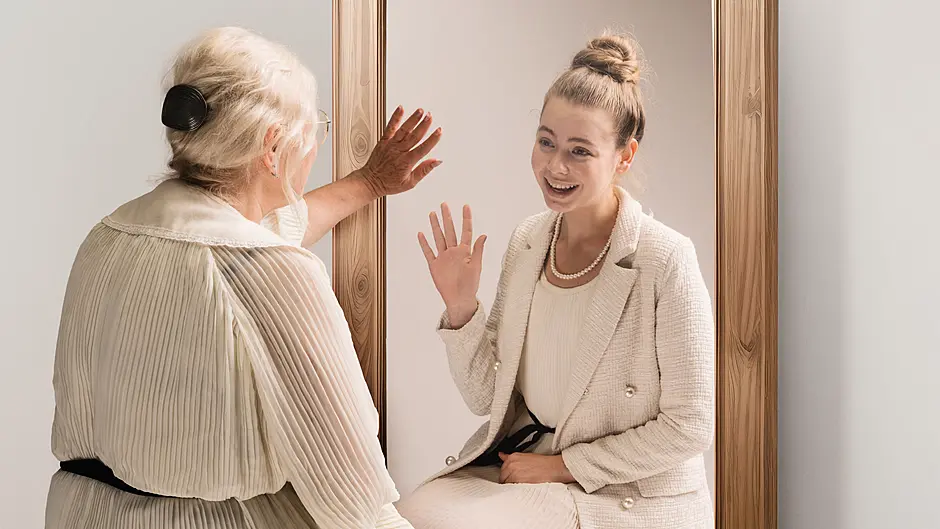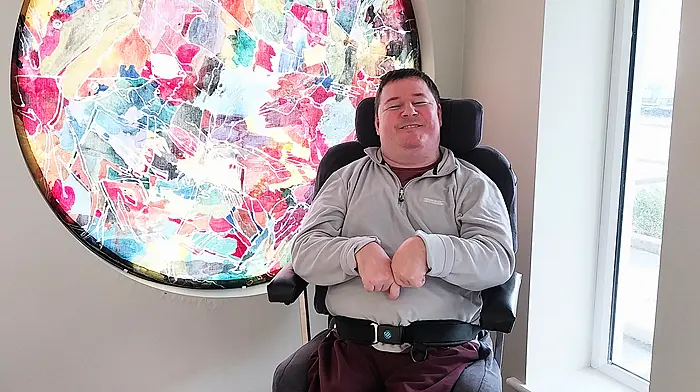
MOST of us can look back at who we were 10 or 20 years ago and recognise how much we’ve changed.
But here’s a question for you – do you think you will continue to change, or will you be much the same person in 10 or 20 years’ time?
Looking back, you might laugh at past fashion choices, cringe at old opinions, or feel relieved at how much you’ve grown.
Yet when we look forward, most of us seem to assume that who we are today is who we’ll be for the rest of our lives.
In psychology, this is known as the end-of-history illusion – a psychological tendency where people acknowledge past change but fail to predict future evolution in their personality, values, and preferences.
This bias was explored in a classic study involving more than 19,000 people aged 18 to 68.
The participants noted that their personalities and interests had indeed changed over the past decade, but predicted little change in the decade ahead.
‘Both teenagers and grandparents seem to believe that the pace of personal change has slowed to a crawl and that they have recently become the people they will remain’, the study notes. ‘History, it seems, is always ending today’.
Or, as co-author prof Daniel Gilbert put it in an interview: ‘Middle-aged people – like me – often look back on our teenage selves with some mixture of amusement and chagrin. What we never seem to realise is that our future selves will look back and think the very same thing about us. At every age we think we’re having the last laugh, and at every age we’re wrong.’
Explanations
Why do we make this mistake? Several factors are likely to be involved. One explanation is that believing we have “peaked” provides comfort and helps us feel better about ourselves. Looking back and realising how much we’ve learned over time can be both embarrassing (‘what was I thinking?’) and satisfying (‘I’ve changed and grown’).
However, acknowledging that our values and preferences are always shifting can be unsettling, as it forces us to question the certainty of our current choices. Admitting that our deeply-held views may change in the future can make some people feel uneasy. Clinging to certainty is easier than accepting that we might need to rethink our values, opinions, or relationships down the road.
Another reason is that many of us may simply lack the imagination to envisage the many ways we might change. Commenting on the study, American psychologist Dan McAdams compared this to his daughter’s childhood obsession with the Teenage Mutant Ninja Turtles in the 1980s.
When she was four, he suggested that one day, they might not be her favourite thing. She replied by saying this was impossible.
However, as an adult, she admitted that even then, a part of her knew she would move on, but she couldn’t picture what would replace it. This same mental block may apply to all of us. Since we can’t clearly envision our future selves, we assume they’ll be much like our present selves.
Whatever the reasons, it’s important to remember that recognising the end-of-history illusion can be liberating. If we accept that we are not static, we can be more open to new experiences and to personal growth, more willing to reconsider current convictions. Instead of assuming we’ll always hold the same beliefs, we might be more flexible in how we approach new information and challenges.
Daniel Gilbert reminds us that life ‘is a process of growing and changing, and what our results suggest is that growth and change really never stop’. It’s an important point: instead of assuming we’ve reached the final version of ourselves, we might do better to embrace uncertainty and look forward to what’s still to come.








